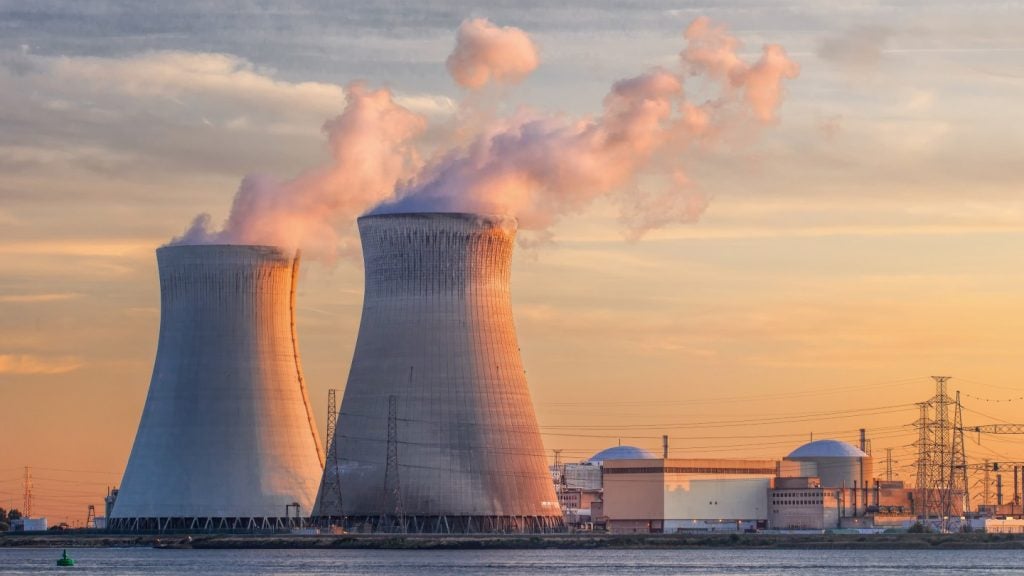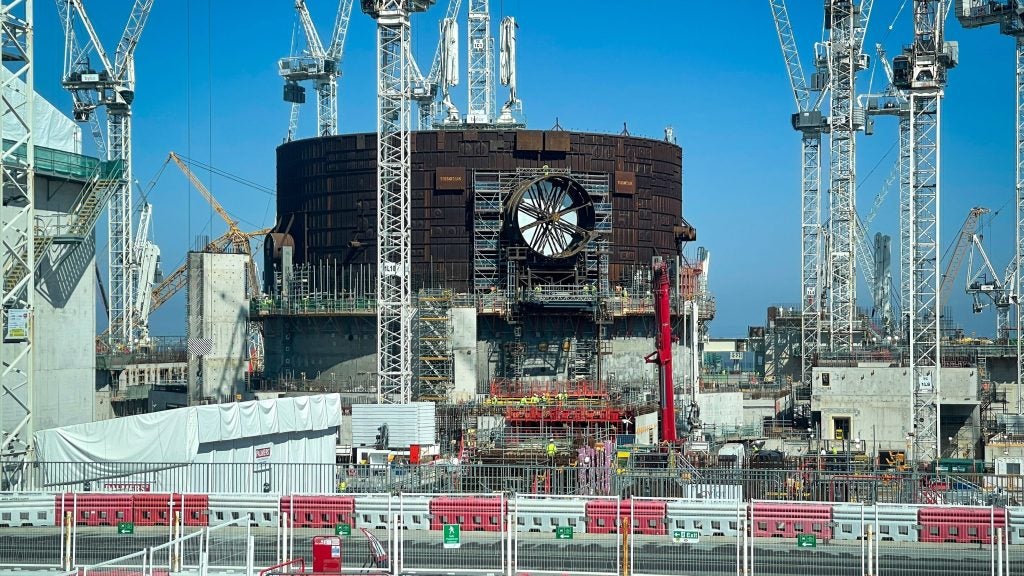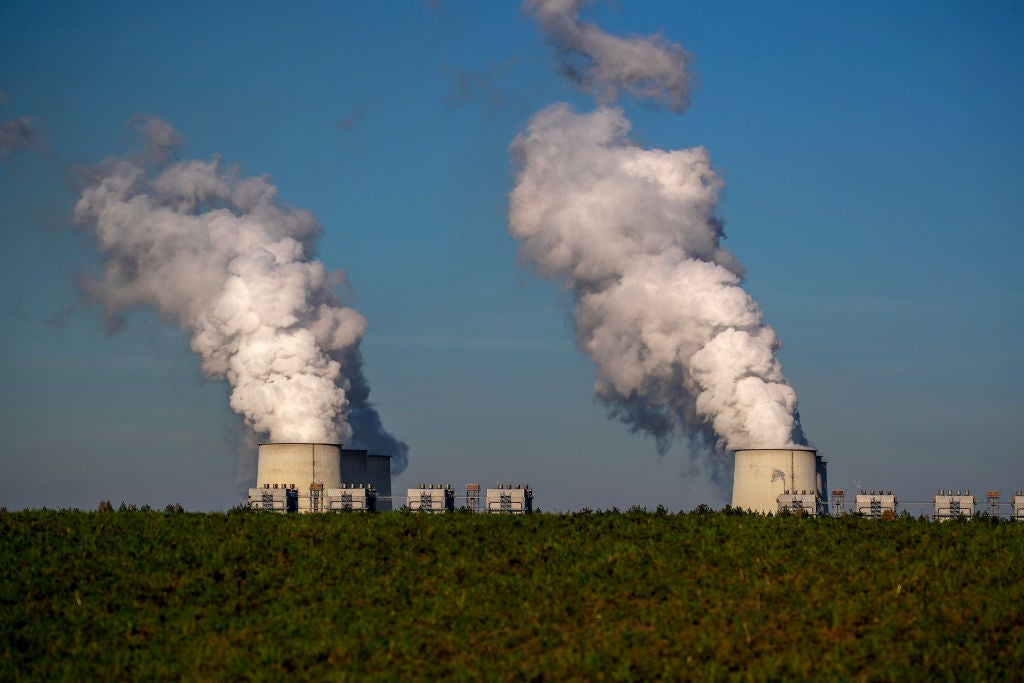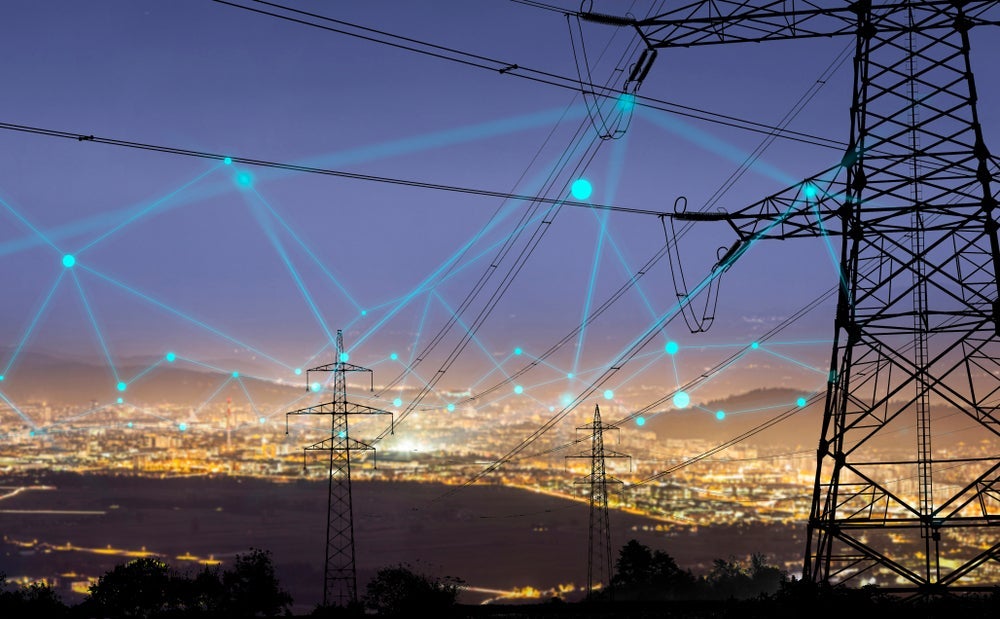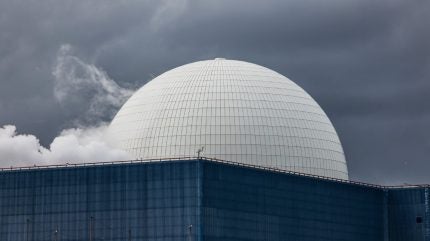
EDF will invest £1.3bn ($1.7bn) to extend the life of its nuclear power units in Britain, the company has announced today (9 January).
According to the French energy giant, the investment will go into its advanced gas-cooled reactor (AGR) plants (Tornes, Heysham 1 and 2 and Hartlepool), which are expected to run for a further two years until at least 2026. It will take the total the company has invested in its UK portfolio to £9bn since 2009.
“EDF has built a strong track record of safely operating the UK’s existing nuclear fleet, delivering over 35% more clean power than initially forecast,” said Mark Hartley, managing director of EDF’s nuclear operations business. “Looking ahead, our aim is to maintain the output of the four AGR stations for as long as possible and extend Sizewell B by a further 20 years out to 2055.”
EDF Energy has five nuclear plants in the UK, generating 37.3TWh as of last year. Through the newly announced investment in them, EDF expects to keep the same energy output over the 2024-26 period.
The push to keep all of the five nuclear sites running comes amid growing calls from climate experts to leave behind fossil fuels in order to reduce emissions and stick to net zero by 2050.
See Also:
In the absence of quick measures for achieving the green energy transition, several climate activists and organisations, including Planet Mark Director Andrew Griffiths in discussion with GlobalData’s Instant Insights podcast and the International Energy Agency, have in the past year alone raised the issue of further drifting away from the goal of limiting global warming to 1.5 degrees Celsius.
How well do you really know your competitors?
Access the most comprehensive Company Profiles on the market, powered by GlobalData. Save hours of research. Gain competitive edge.

Thank you!
Your download email will arrive shortly
Not ready to buy yet? Download a free sample
We are confident about the unique quality of our Company Profiles. However, we want you to make the most beneficial decision for your business, so we offer a free sample that you can download by submitting the below form
By GlobalData“Since 2021, record growth in solar power capacity and electric car sales are in line with a pathway towards net zero emissions globally by mid-century, as are century industry plans for the roll-out of new manufacturing capacity for them,” the IEA said in September 2023. “Yet bolder action is necessary this decade.”
To many, nuclear energy sounds like the go-to alternative, though critics have argued against the costs, as well as the toxic waste linked to energy-generating processes.
However, in September, the UK opened a private investment process for investors to finance Sizewell C, a proposed nuclear power plant to be built right next to Sizewell B. The Sizewell C Company and EDF, which is the lead developer of the project, said they are “looking for companies with substantial experience in the delivery of major infrastructure projects.”
Despite this, costs for nuclear energy remain high. EDF’s other planned nuclear reactor, Hinkley Point C, is not expected to become operational until at least 2027 – by which point the world will slowly be getting closer to the UN’s target of halving emissions by 2030.



